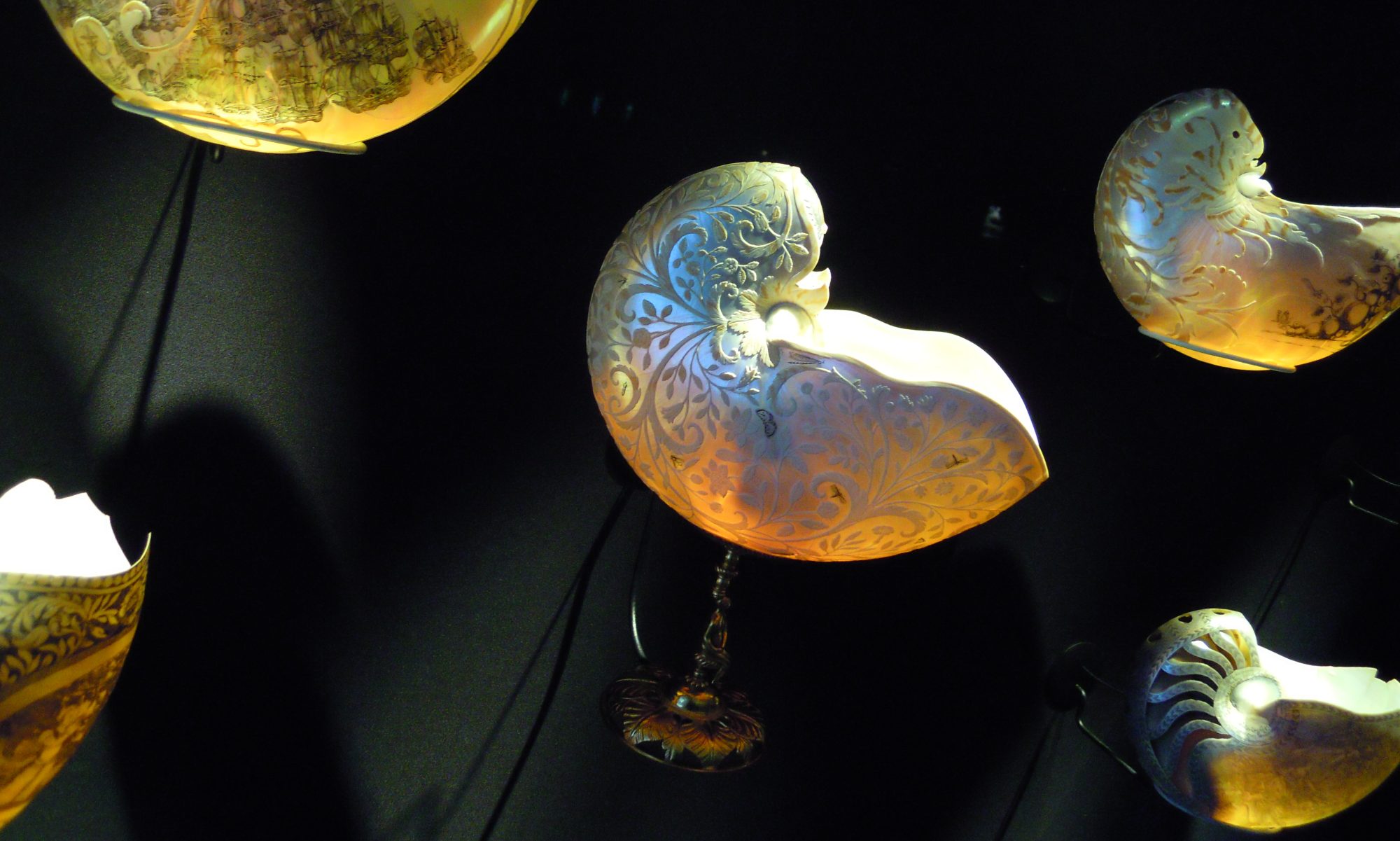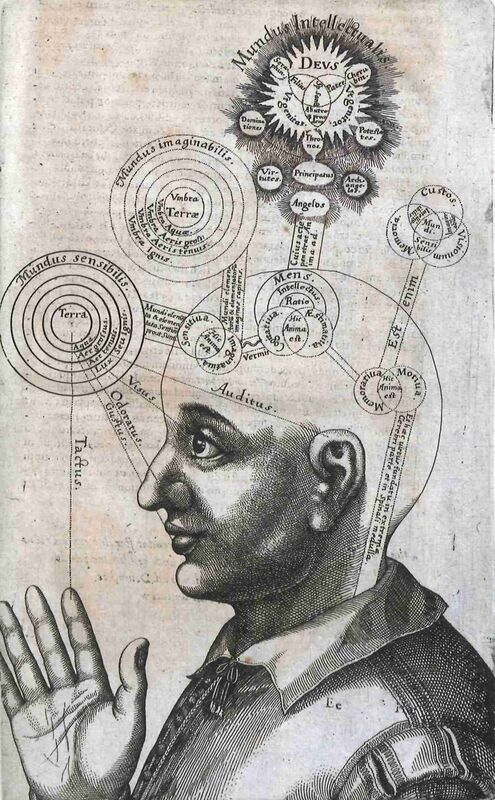Vom 5. bis 6. Dezember 2016 lädt das Forschungszentrum ein zur Internationalen Konferenz „Divine Wisdom and Worldly Knowledge. Scholarly Culture and Religious Reform in the Seventeenth Century“. Die Leitung hat Dr. Lucinda Martin. Beginn ist um 14 Uhr im Seminarraum im „Pagenhaus“ auf dem Friedenstein. Den öffentlichen Abendvortrag hält um 18 Uhr Dr. Douglas Hedley (Cambridge) über „The Cambridge Platonists and Jacob Böhme“. Eine herzliche Einladung an alle, die mehr über den Mystiker und Philosophen Jacob Böhme und seine Zeit erfahren möchten. Die Veranstaltung findet in englischer Sprache statt.
Es folgt eine englische Einführung mit dem detaillierten Programm:
While the scholarly societies of the eighteenth century have received much attention, historians have devoted relatively little attention to the explosion of new societies, reading circles and “sects” of the seventeenth century. Many of these groups consisted primarily of highly educated individuals who believed that they were completing the Protestant Reformation. Unhindered by modern disciplinary boundaries that separate science and religion into different epistemological categories, these thinkers sought to integrate new knowledge into older ways of understanding the world. Often they relied on theosophical speculation to conceive of universal, harmonizing theories. Their goals were similarly grand: the improvement of society and ultimately the world.
Despite the obvious affinities and overlaps between scholars and religious reformers – especially nonconformists – historians have barely begun to investigate their intersections, which include common interests, strategies and goals. Questions about Biblical criticism, history and tolerance were central to both scholars and religious reformers. Groups met (often in secret) in the homes of leading figures to read texts together, hold private worship services, plan publications and discuss a range of projects. Actors from multiple confessional backgrounds visited one another over great distances and participated in extensive, overlapping correspondence networks in which they discussed recent publications, religious tenets and ethical problems.
A conference at the Research Centre Gotha seeks to explore the correspondences and differences between these two communities. To this end, select scholars will give papers that inquire into the relationship between scholarly culture and communities of religious reformers in the seventeenth and early eighteenth centuries. Which interests do scholars and religious reformers share (historical models, ecumenicity, ethical debates)? What practices do they share (secret names, book and artifact collecting, travel, clandestine book distribution)? What is the origin of such shared practices? To what extent do groups overlap? Where do they diverge? Of particular interest are papers that deal with groups or individuals influenced by Jacob Böhme, who conceived in his theosophical writings of universal theories to explain God, nature and all of world history.
Programme
Monday, 5th December 2016
14:00 Arrival
14:30 Martin Mulsow (Erfurt/Gotha): Greeting
14:45 Lucinda Martin (Erfurt/Gotha): The Invisible Church and the Republic of Letters
15:30 Coffee
16:00 Stefania Salvadori (Göttingen): Forbidden Pleasures: Underground Books and the Court of Brunswick-Lüneburg
16:45 Simon Grote (Wellesley/Halle): Joachim Lange (1670-1744) and Pierre Poiret (1646-1719): A Book-Historical Study in the Domestication of Religious „Fanaticism“
17:30 Beverages
18:00 Keynote: Douglas Hedley (Cambridge): The Cambridge Platonists and Jacob Böhme
20:00 Conference Dinner
Tuesday, 6th December 2016
9:00 Jetze Touber (Ghent): Lay theology and Clerical Authority in Biblical Interpretation: the Temple Debate in the Dutch Republic (ca. 1660 – ca. 1710)
9:45 Andreas Pietsch (Münster): False Friends? The Family of Love and the Republic of Letters
10:30 Coffee
11:00 Elke Morlok (Mainz): The Kabbalistic „Lehrtafel“ of Princess Antonia: Interpretation and Reception
11:45 Avner Shamir (Copenhagen): Bible Burning and Biblical Criticism in the British Isles
12:30 Concluding Discussion
Please register by 30th November 2016.
Organisation:
Lucinda Martin
Forschungszentrum Gotha der Universität Erfurt
Schloss Friedenstein, Pagenhaus
99867 Gotha
E-Mail: lucinda.martin@uni-erfurt.de
Tel: +49 (0)361/737-1723
Held in cooperation with the Staatliche Kunstsammlungen Dresden.
Abbildung: Wellcome Library, London, Head and shoulders of a man in profile with a mass of interconnected orbs and stars within and above his head. Tomus secundus … de supernaturali, naturali praeternaturali et contranaturali microcosmi historia … Robert Fludd Published: 1619 – 1621, via Wikimedia Commons

